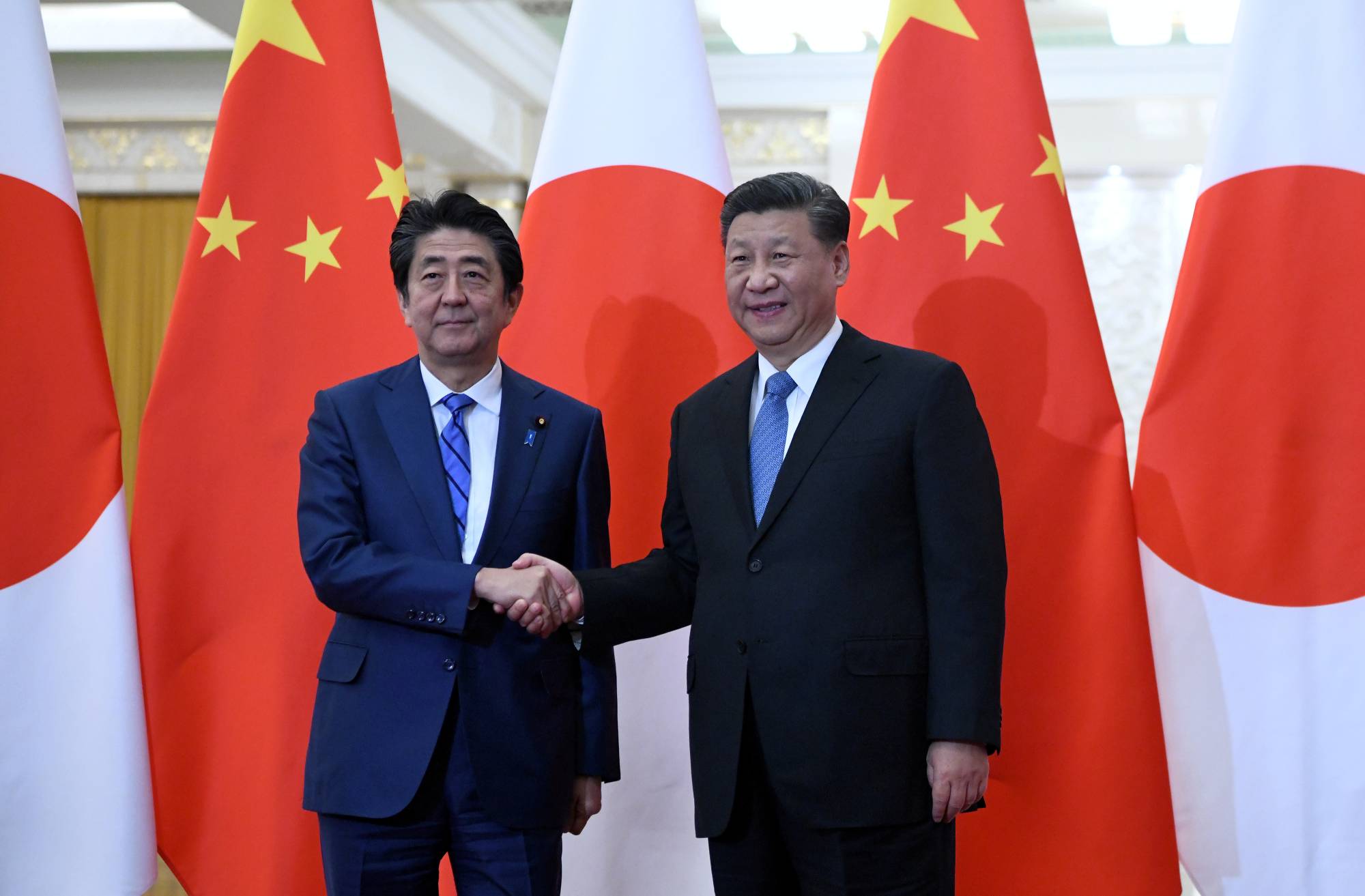Foreign governments’ “influence operations” are increasingly worrisome. Concern has grown in tandem with the prospect of foreign meddling in democratic elections — more precisely, “interfering” rather than “influencing” — but those efforts are one form of “asymmetric warfare” (ways that countries with vastly disparate capabilities or strategies fight). Russia’s use of “little green men” to annex Crimea is one case of asymmetric warfare, although North Korean hacking and cyber extortion and China’s island building in the South China Sea are equally good examples.
China made clear its interest in influence operations in 2003, when revisions to the “Political Work Guidelines of the People’s Liberation Army” highlighted the “three warfares”: public opinion warfare, psychological warfare and legal warfare. China has been indiscriminate in its efforts to shape perceptions of its behavior but if there is a holy grail for those influence operations, it should be Japan. Tokyo is the main regional challenger to Chinese dreams of hegemony. Capping the rising enmity between the two countries or undermining the Japan-U.S. alliance would be a coup for Beijing. Even putting distance between Tokyo and Washington would be a victory for China.
Oddly, however, there is little evidence that China has tried to influence debate in Japan as it has done in other countries. Australia, for example, is a primary target of the Chinese Communist Party. Amy Searight, a former U.S. defense official who works at the Center for Strategic and International Studies, a Washington think tank, listed Chinese actions in a recent analysis.


















With your current subscription plan you can comment on stories. However, before writing your first comment, please create a display name in the Profile section of your subscriber account page.